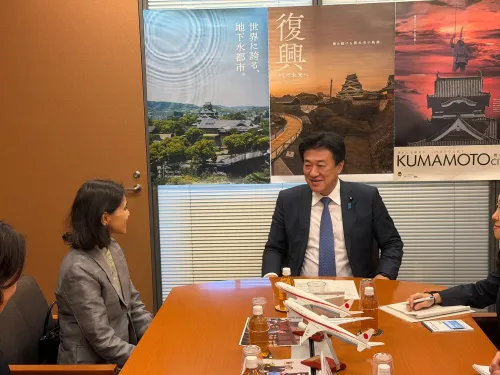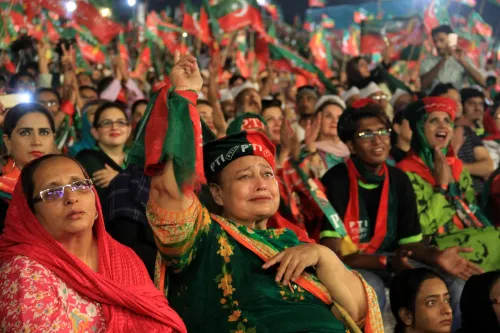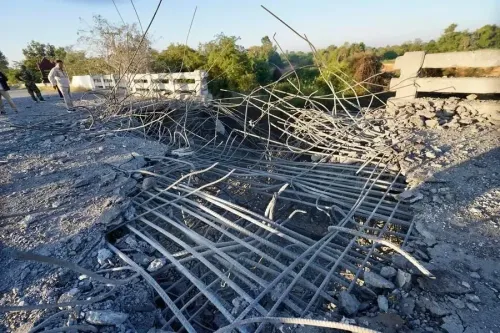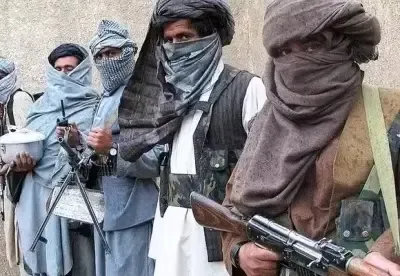What Charges Did Special Counsel Indict Yoon Suk Yeol On?
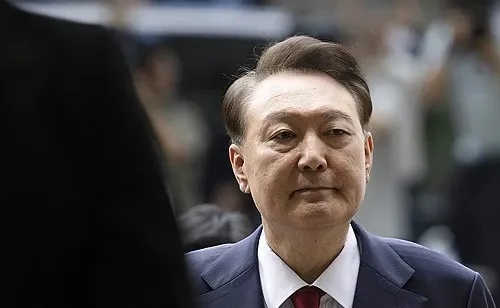
Synopsis
Key Takeaways
- Yoon Suk Yeol faces a third indictment over abuse of authority.
- The allegations include violating Cabinet members' rights.
- Yoon's martial law declaration is under scrutiny.
- Special counsel has attempted to interrogate Yoon multiple times.
- The court has upheld his detention amid ongoing investigations.
Seoul, July 19 (NationPress) A special counsel team has formally charged former South Korean President Yoon Suk Yeol on Saturday, alleging abuse of power during his brief enforcement of martial law. This indictment marks Yoon's third encounter with legal troubles following earlier charges in January and March linked to his martial law declaration made on December 3 and other allegations of power misuse.
Led by special counsel Cho Eun-suk, the investigation claims that Yoon infringed upon the rights of Cabinet members while deliberating on martial law, backdating the declaration, and ordering the destruction of records from encrypted devices, among other accusations.
The special counsel has sought to interrogate Yoon several times since his detainment last week, but he consistently refused to cooperate, as reported by the Yonhap news agency.
On Friday, a court rejected Yoon Suk Yeol's appeal against his detention, ensuring he remains in custody due to his controversial martial law attempt. The Seoul Central District Court made this ruling shortly after reviewing the validity of Yoon's arrest and deciding to uphold it.
"Based on the results of our questioning of the suspect and the case records, it was recognized that the request was without reason and dismissed," stated the bench.
Yoon had filed for this review on Wednesday, just days after his arrest at the Seoul Detention Centre in Uiwang, south of the capital, concerning five significant charges stemming from his martial law initiative in December.
The hearing at the court started at 10:15 am on Friday and lasted nearly six hours, during which Yoon's legal team and the special counsel presented contrasting arguments regarding his release.
Yoon's attorneys emphasized that the criminal allegations against him lack sufficient evidence and that he poses no threat of evidence tampering. They specifically pointed out that the five major charges outlined in the arrest warrant—such as the alleged infringement of Cabinet members' rights and the creation of a forged martial law document—are already encompassed under the insurrection charge that Yoon is currently facing.


